Federal aged-care safety commission investigate scabies allegations at Kindred Living facility in Whyalla
Federal health authorities are investigating serious allegations about a scabies outbreak at a Whyalla nursing home. GRAPHIC WARNING
SA News
Don't miss out on the headlines from SA News. Followed categories will be added to My News.
Serious allegations of filthy conditions and an outbreak of scabies have prompted both federal and state authorities to investigate a Whyalla aged-care facility.
Investigators from the Aged Care Quality and Safety Commission spent the past week at Kindred Living’s Annie Lockwood Court site, identifying possible issues with care and services.
They arrived at the regional facility unannounced and are preparing a report soon to be published online. SA’s Adult Safeguarding Unit also offered assistance in the investigation.
The allegations centre around ‘Cottage Three’, where whistleblowers allege all eight residents had Norwegian scabies – a contagious skin infestation.
One whistleblower told The Advertiser several staff members also caught scabies, which they claim was an ongoing issue for up to three years.
Peter Strawbridge said he was devastated when his wife Heather Adey, who lives with dementia at the facility, contracted scabies last month.
Mr Strawbridge said managers tried to blame him for his wife’s rashes.
“I used to walk her up and down the footpath outside … and they said it was my fault and it was no more than mosquito bites,” he told The Advertiser.
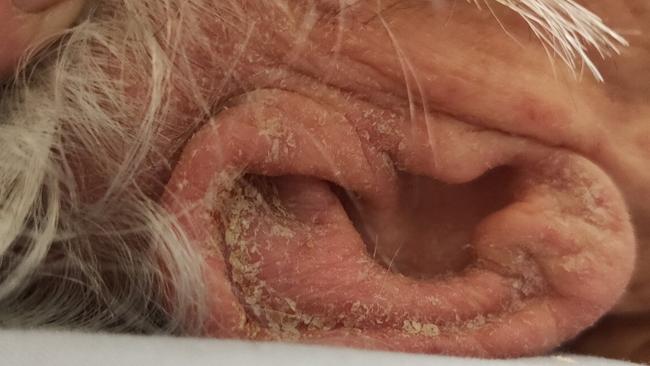
He claimed it wasn’t until he demanded staff take her to hospital on October 14 when she was diagnosed with the infestation. She has since recovered.
Mr Strawbridge also contracted scabies and was recently banned from visiting his wife until his symptoms disappear.
“I think they’ve got to clean the place up a fair bit, they’ve got to take the carpets out,” he said.
Kindred Living, formerly known as Whyalla Aged Care, receives federal funding and owns two other sites in Whyalla.
SA-BEST MLC Frank Pangallo said there had been several complaints by former and current workers about the conditions of some dementia residents at Cottage Three.
“Whistleblowers told me management had initially dismissed the problem and had tried to put the blame on mosquitoes and even a nightdress worn by one of the residents,” Mr Pangallo said.
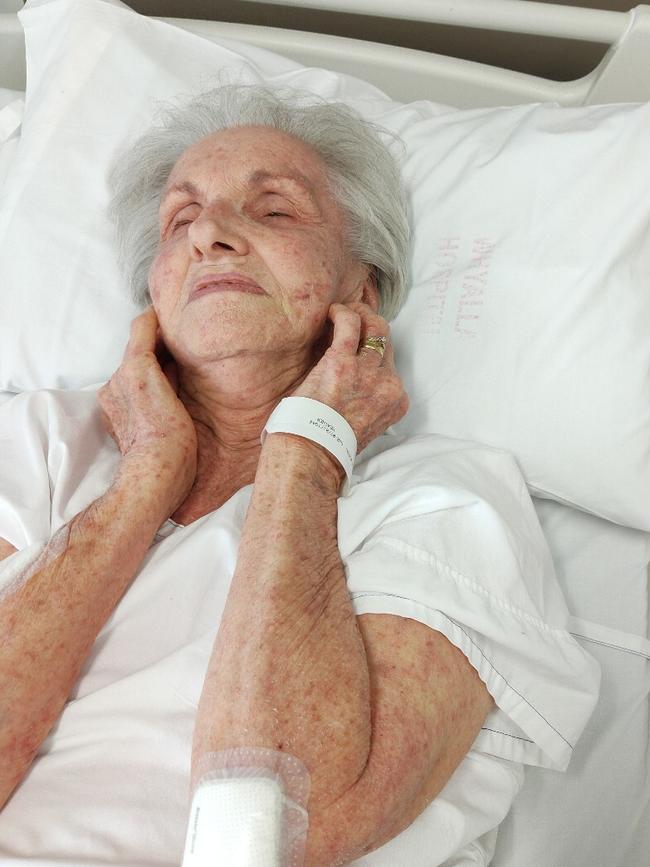
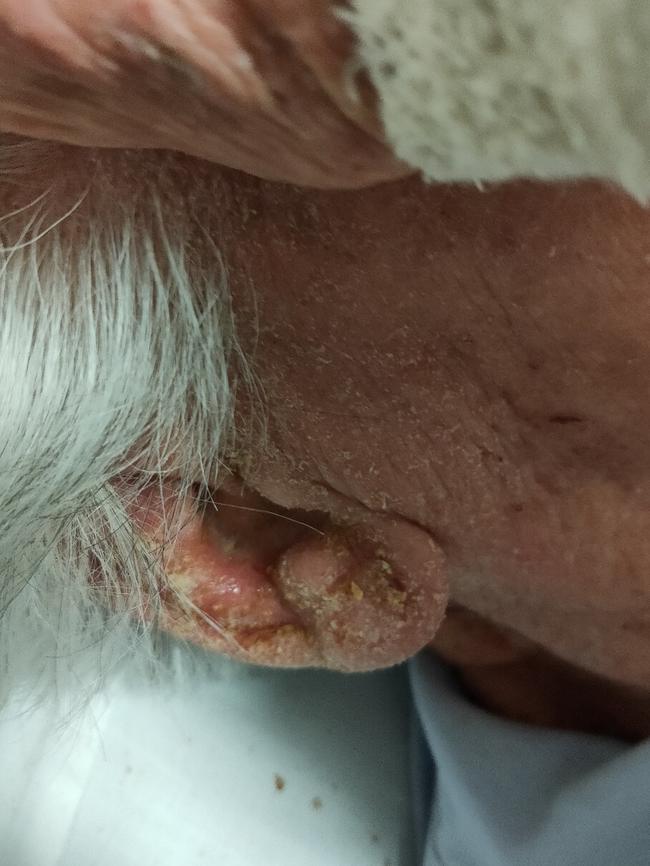
Kindred Living chief executive Juanita Walker, who denied blaming mosquitoes, said only one resident was confirmed to have scabies, while other residents in the eight-bed cottage were treated as a precautionary measure.
“Some of the other residents in this cottage have other chronic skin conditions that resembled scabies in appearance and are receiving ongoing treatment by their medical officers,” she told The Advertiser.
Internal documents in July reveal that a doctor said rashes would be “ongoing” if the cottage and its equipment was not cleaned regularly.
“Following a resident being diagnosed with scabies in October the cottage underwent additional deep cleaning,” Ms Walker said.
“Some of the older sections of Annie Lockwood Court has been progressively upgraded over the last 12 months and will continue to be upgraded …”
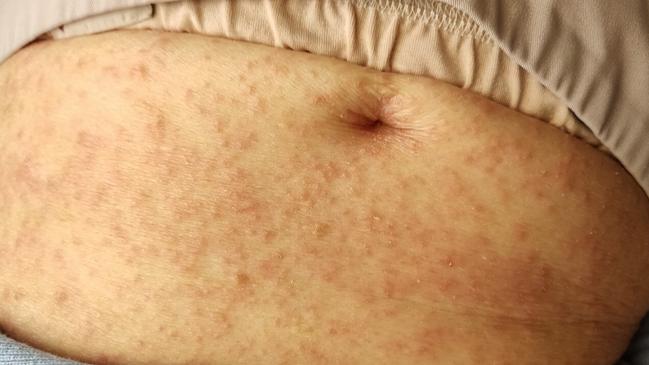
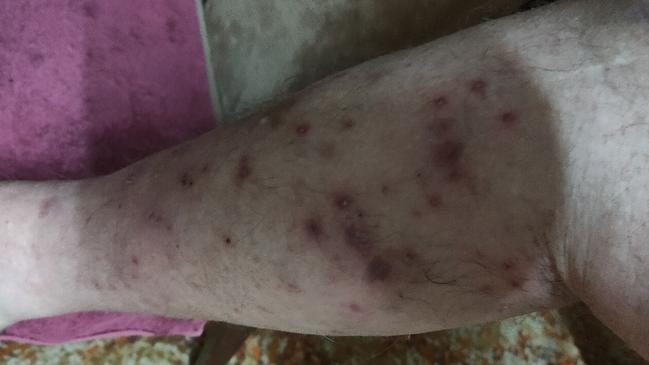
Ms Walker disputed whistleblowers’ claims that scabies had been an issue for three years.
“Scabies is highly contagious so if residents had scabies for three years then we would also have experienced an outbreak in other areas of the facility because our staff work across the whole site,” she said.
Aged-care advocate Stewart Johnston said several families of former clients have contacted him with concerns about the facility.
“We’ve roughly had 37 people come forward (to me) but now we need all of these people to contact the Adult Safeguarding Unit hotline as well as the Aged Care Quality and Safety Commission.”
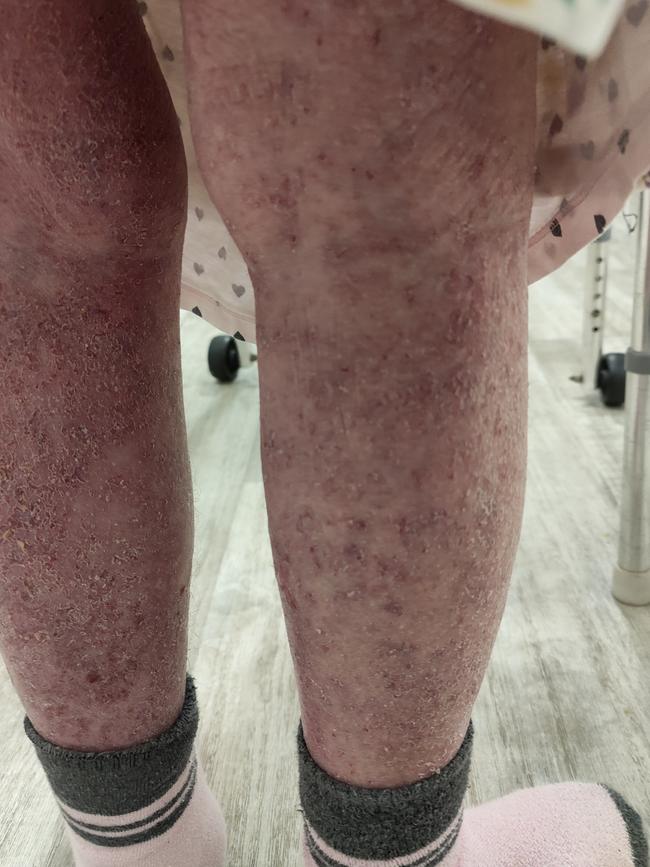
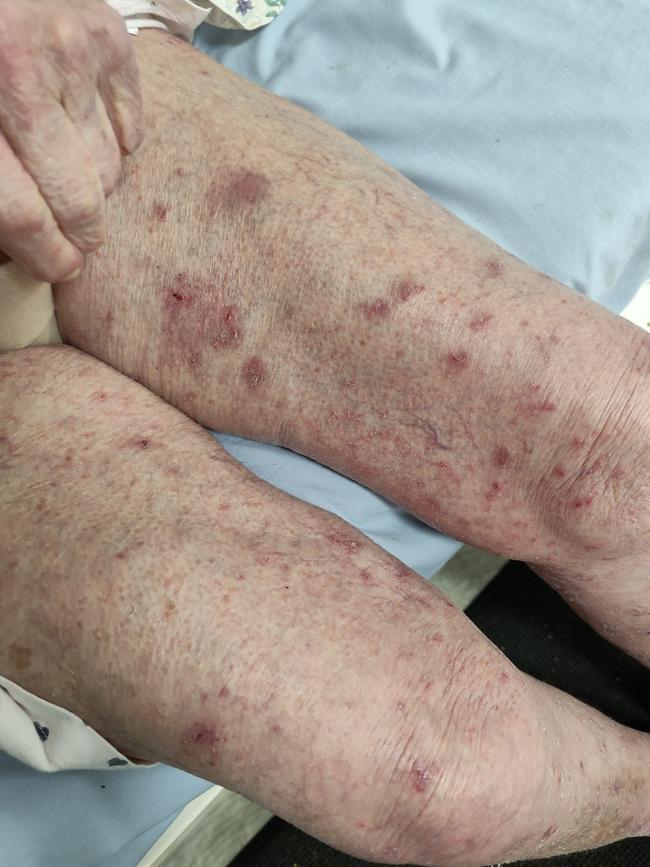
Federal minister for aged care and senior Australians Richard Colbeck said the Aged Care Quality and Safety Commission investigated a total of 11 complaints at the facility.
“This includes managing a resolution process for two open complaints in relation to scabies,” he said.
“The provider continues to be monitored closely via announced and unannounced spot checks as part of the normal regulatory process.”



